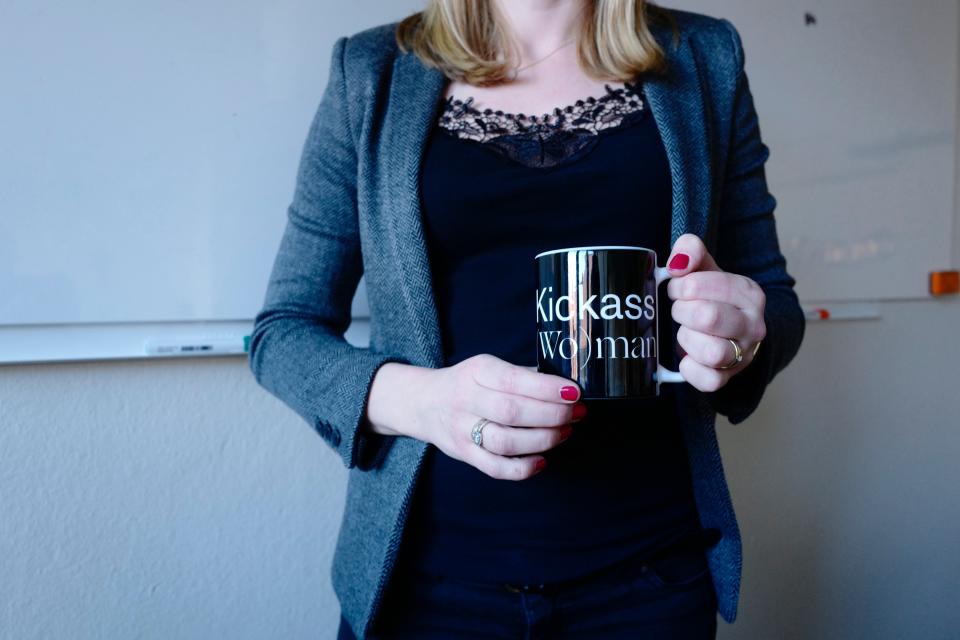Why women aren't running their own businesses

Just as many women are interested in starting their own business as men, primarily driven by the desire for a better work-life balance.
However, with only one in three UK entrepreneurs being female, amounting to just 5.6% of the total female population, it begs the question – why don’t more women start their own business?
The perceived improvement in work-life balance (36%) and finding the process exciting (29%) are the main reasons for women wanting to start their own businesses, a survey by Capify found.
READ MORE: HERoes Top 50 Future Women Leaders 2019
Topping the list of barriers to entry for women looking to start their own business is initial financial costs, the research found, with almost half (45%) of women saying this would limit their ambition.
This was followed by fear of failure (31%), and not having a good enough idea for a business (24%).
Over half of all female respondents also thought that running their own business would be stressful, with 29% saying it would be scary.
READ MORE: Are women being pushed out of post-grad education?
Dr Karen Bonner, lecturer in entrepreneurship at Queen’s University in Belfast, said:”In general, we find that men are almost twice as likely to start a business than women in the UK. More men starting a business than women is also a feature of western economies. There are a range of reasons for this.
Bonner cited barriers women “tend to face in the form of access to finance, lack of professional networks, childcare issues, lack of role models and mentors”.
READ MORE: More than a quarter of women “have never asked for a pay rise”
However, “there are also inherent characteristics such as lack of confidence in their skills to be entrepreneurs, compared to males, and also a more risk averse nature”, she added.
“Entrepreneurship can be attractive to females due to its flexibility, however lack of regular income from starting a business may be a barrier. This may be more difficult for women if they also have caring responsibilities.”
Another key finding from the survey indicated that women from London were the least likely to start their own business (32%) because of a lack of time.
READ MORE: Women are forking out £5,000 on period products in their lifetime
Additionally, it was discovered that women are more likely to start a business in an area that they’re passionate about, as opposed to men who are more likely to set up a business in the same industry that they already work in.
The economic case for increased female entrepreneurship is clear, with projections estimating that up to £250bn of value could be added to the economy if women set up businesses at the same rate as men.
“More female mentors and role models, who have been in the same position, may help with regards to giving women the confidence to start up,” Dr Bonner said.
READ MORE: Why are women given menial tasks at work?
“Likewise, financial institutions could seek to provide alternative sources of funding which are more flexible in nature. In general, the provision of information and networking opportunities for women would also help overcome these barriers.”

 Yahoo Finance
Yahoo Finance 